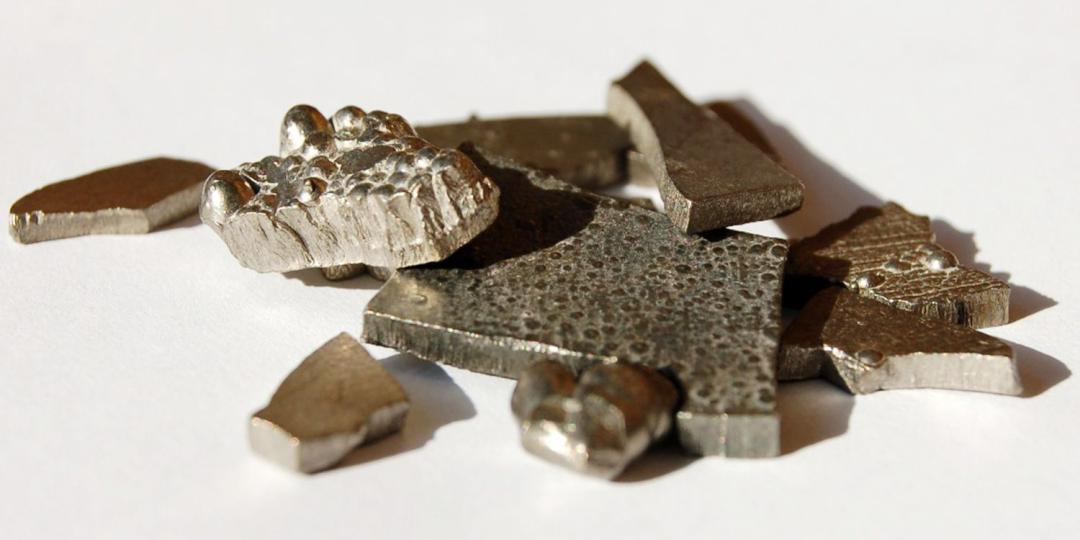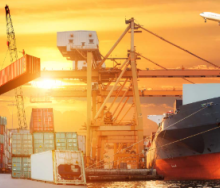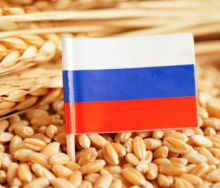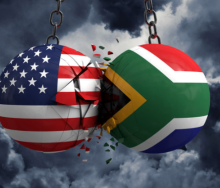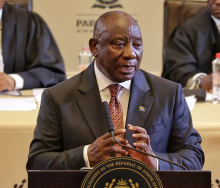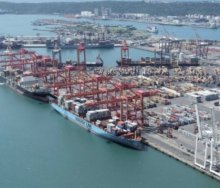Is the tight grip that China once had on trade in Africa, based on using the development and construction of much-needed infrastructure as payment for minerals extraction, beginning to slip?
Or is Africa’s biggest investor merely losing its appetite – for now – for the resources required to fire up its flagging economy?
Following the collapse of a long-standing arrangement in Tanzania, in which China would have financed a $2.2-billion project for the construction of a 273-kilometre standard gauge railway line between Kampala and Malaba, the Democratic Republic of the Congo (DRC) also appears to be drifting away from the cosy relationship it once had with its Asian trade partner.
Speaking at the World Economic Forum currently taking place in Davos, Switzerland, DRC President Felix Tshisekedi said he believed his country was getting a raw deal out of a $6.2bn infrastructure-for-minerals arrangement with China.
According to Tshisekedi’s administration in Kinshasa, less than a third of the funds required for infrastructural projects in the DRC have been released by China.
China, however, has secured significant revenue gains from extracting two key minerals as part of the arrangement – copper and cobalt.
That’s according to Tshisekedi who, as part of indications that the DRC is re-examining benefits from its resources, said that his country was also looking at gaining a monopoly over cobalt mined by hand.
Hard as it is to believe, about 30% of the mineral needed for high-yield industries like the petrochemicals market, is extracted by “artisanal miners.”
In total, the DRC provides 70% of the world’s cobalt.
